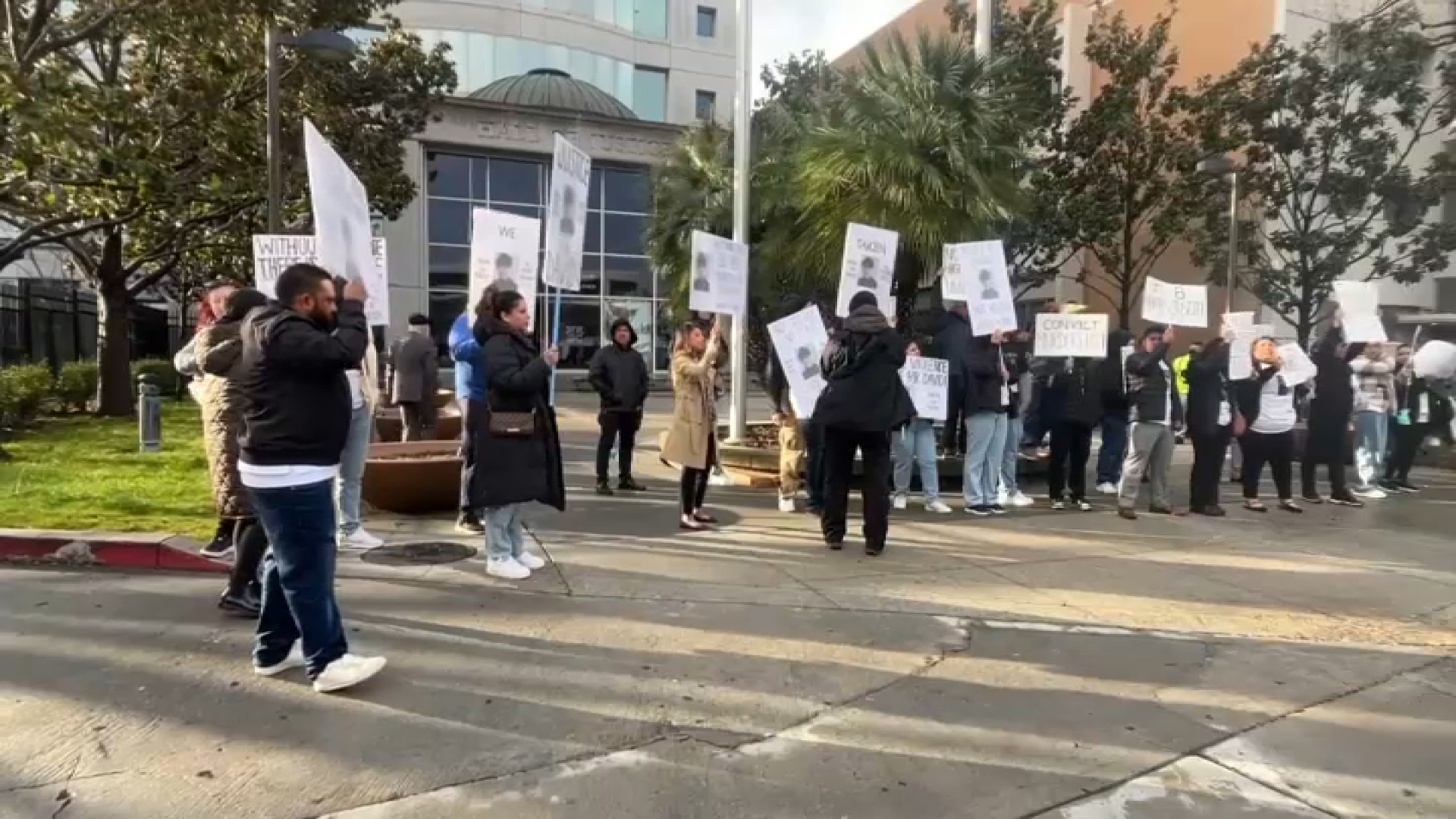It’s actually hard to start a language immersion program in California because of Proposition 227, a 1998 voter approved law requiring that non-English speaking students be taught in English.
Some California residents are pushing to change a 16-year-old California law and restore bilingual education.
At West Portal Elementary in San Francisco, classes are taught in Chinese starting in kindergarten.
“Our graduates will graduate into a global world, a global economy, where they will be interacting on a daily basis, not just with the person next door, but with the person in the next continent,” said San Francisco Superintendent Richard Carranza.
It’s hard to start a language immersion program in California because of Proposition 227, a 1998 voter-approved law requiring that non-English speaking students be taught in English.
Waivers must be granted every year if schools want to teach in another language.
Some say that law is to blame for the state’s decline in immersion programs.
“I think voters understand now the importance of having their children be mulit-lingual, and I think it’s time for us to revisit the proposition,” said Los Angeles County State Sen. Ricardo Lara.
Local
Lara and other supporters launched a new effort to change Proposition 227 and allow more California schools to offer multi-lingual education without the bureaucracy.
But Prop. 227’s sponsor Ron Unz doesn’t want the law changed because it’s working the way it is.
“In the first four years after the passage of Prop. 227, the test scores of over a million immigrant students roughly doubled," Unz said. "While the test scores of those who were kept in bil-lingual programs showed no improvement.”
Whether the law is changed or not, Chinese immersion student Quiaoying Chen knows that in this ever-changing world, they will have an advantage over most kids.
“There are a lot of languages in the world and if you learn some them, you get around pretty easily.” Quiaoying said.
If state lawmakers approve the change, voters will see it on the November 2016 ballot.



